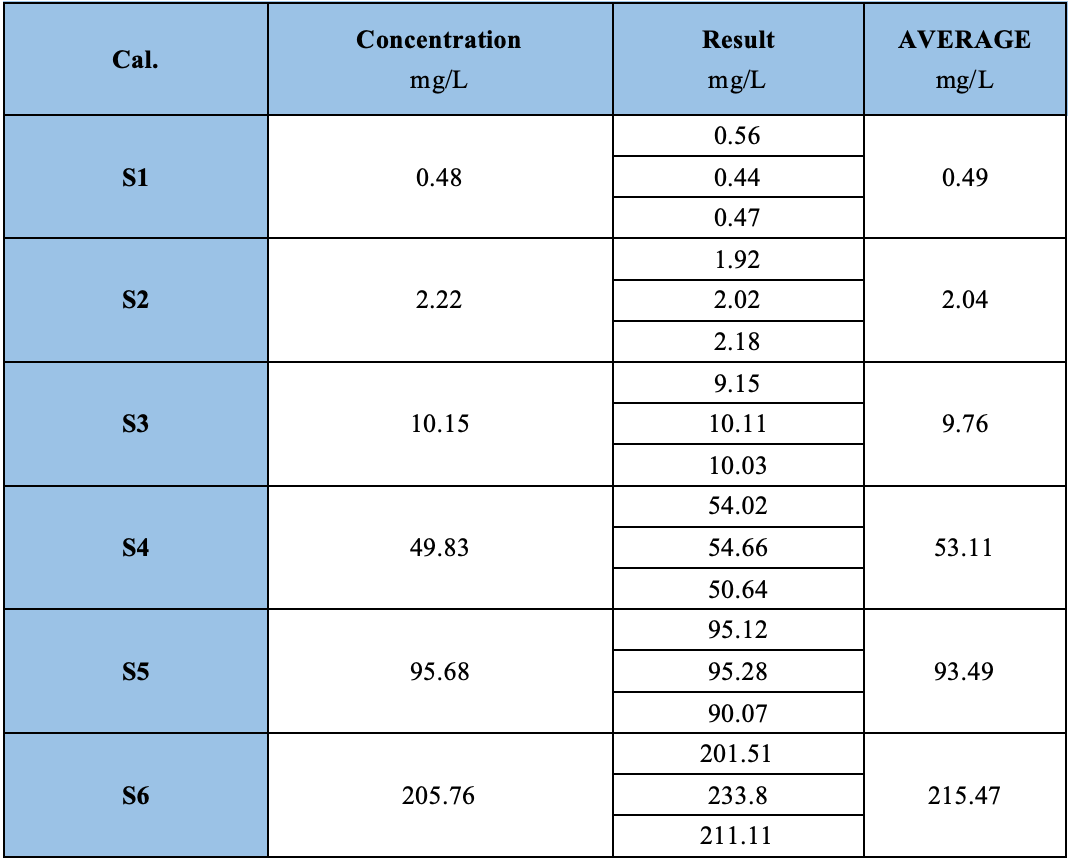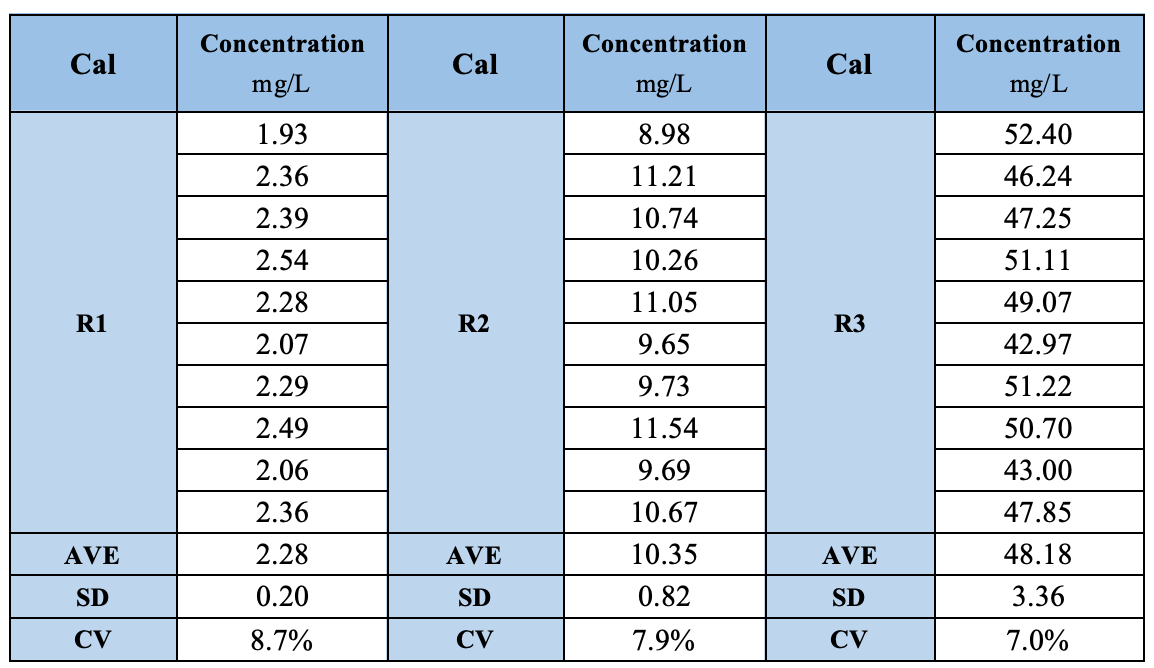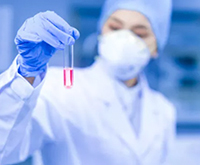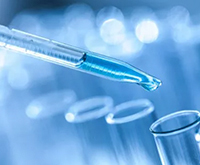C-Reaction Protein (CRP)
C-reactive protein (CRP) refers to several proteins (acute proteins) that rise sharply in blood plasma in response to infection or tissue damage.
CRP can activate complement and strengthen the phagocytosis of phagocytes and play an optimizing role, thus removing pathogenic microorganisms and damaged, necrotic, and apoptotic tissue cells from the body and playing an essential protective role in the natural immune process of the body.
C-reactive protein is an acute-phase protein of hepatic origin that increases following interleukin-6 secretion by macrophages and T cells.
A CRP test measures the amount of CRP in the blood plasma samples to detect inflammation due to acute conditions or to monitor disease severity in chronic conditions.
The performance date of hsCRP&CRP Rapid Quantitative Test Kit (FIA)
Manufacturer | SEKBIO |
Parameter | hsCRP&CRP Rapid Quantitative Test Kit (FIA) |
Linearity | 0.5-200mg/L |
Detection limit | 0.5mg/L |
Benchmark product | Siemens |
Standard Curve
Concentration | 0 | 0.50 | 2.54 | 14.75 | 37.75 | 72.9 | 109.18 | 159.63 | 201.03 |
T/C | 0.047 | 0.124 | 0.218 | 0.345 | 0.632 | 1.163 | 1.839 | 3.121 | 5.610 |
Method Comparison

Linear


Precision

Accuracy
Cal | concentration | Result | Bias |
A1 | 2.22 | 2.27 | 2.3% |
2.17 | -2.2% | ||
2.29 | 3.3% | ||
A2 | 10.15 | 10.76 | 6.0% |
9.61 | -5.3% | ||
9.73 | -4.1% | ||
A3 | 49.83 | 46.73 | -6.2% |
52.54 | 5.4% | ||
47.73 | -4.2% |

C-Reaction Protein (CRP) Products
CRP Intro
C-reactive protein (CRP) refers to some proteins (acute proteins) that rise sharply in plasma when the body is infected or tissue damaged. CRP can activate complement and strengthen the phagocytosis of phagocytes to play an opsonizing effect, thereby removing pathogenic microorganisms and damaged, necrotic, and apoptotic tissue cells that invade the body and play an important protective role in the body's natural immune process.
CRP Antibody
CRP is a non-specific inflammatory marker and directly involved in cardiovascular diseases such as inflammation and atherosclerosis and is the most potent predictor and a risk factor for cardiovascular diseases. The interaction of CRP with complement C1q and FcTR enables it to exhibit many biological activities, including host defense against infection, phagocytosis, and regulation of inflammatory responses. Binds to damaged cells, apoptotic cells, and nuclear antigens, making it also play an important role in autoimmune diseases.
- Cardiac Markers
-
Tumor Marker
-
PGII
-
G17
- CA50
-
CA125
- CA242
-
CA15-3
- CA19-9
- CA72-4
-
Pepsinogens I (PGI)
-
Human Epididymis 4 (HE4)
- Prostate-Specific Antigen (PSA)
- Squamous Cell Carcinoma (SCC)
- Neuron-Specific Enolase (NSE)
- Cytokeratin 19 Fragment (CYFRA21-1)
- Human Progastrin-releasing Peptide (ProGRP Tumor Marker)
- Protein Induced by Vitamin K Absence or Antagonist-II (PIVKA II Tumor Marker)
- Alpha-fetoprotein(AFP)
-
CEA
-
Human Chitinase 3-like 1
-
PGII
- Inflammatory Marker
- Infectious Disease
- Hormones
- Thyroid Function
- Glucose Metabolism
- Bone Marker
- Others
-
Heterophilic Blocking Reagent
- Animal Diagnostics

















